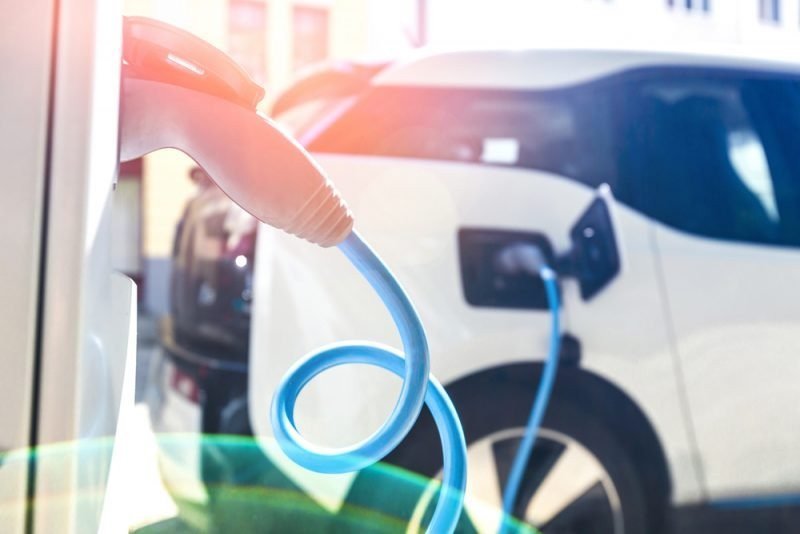IIT-Guwahati researchers innovate novel approach for use of solar energy for EV charging
Indian Institute of Technology Guwahati has announced that its researchers have developed optimized control schemes for active power distribution networks that can enable the coordinated operation of photovoltaic (PV) power generation and electric vehicle (EV) charging stations.
Dr. Sanjib Ganguly, Associate Professor, Department of Electronics and Electrical Engineering (EEE), IIT Guwahati, along with his research scholar Arunima Dutta and colleague Dr. Chandan Kumar, have recently published their research in the journal of Sustainable Energy, Grids and Networks.
Electric vehicles are being progressively considered as the solution to carbon emissions from the transportation sector. The sustainability of EVs can be enhanced if the power used to charge these vehicles is also based on renewable energy sources such as solar energy. However, solar energy is intermittent, which leads to voltage fluctuation problems in the power distribution networks. Furthermore, EV charging is uncoordinated at present, which leads to under-voltage of the distribution networks, and associated efficiency loss said a press statement from IIT Guwahati.
Voltage control approach
A coordinated control approach for the power distribution system is required to derive maximum benefits from renewable power generation and electric vehicle power sourcing. PV and EV inverters need to work in coordination with other Voltage Regulating Devices (VRD) to regulate the system voltages.
Highlighting his research, Ganguly said, "We have developed an optimization-based coordinated voltage control approach of power distribution networks to mitigate the overvoltage and under-voltage problems due to high PV generation and high EV charging, respectively."
The research team has developed a three-stage model predictive control (MPC) approach to schedule charging of EVs and other devices. The three stages involve coordination of the volt-var devices in two different time scales; reception of the reactive power set points by the local controller, and EV charge scheduling following the balance between the operating cost and customer satisfaction, the release said.




















